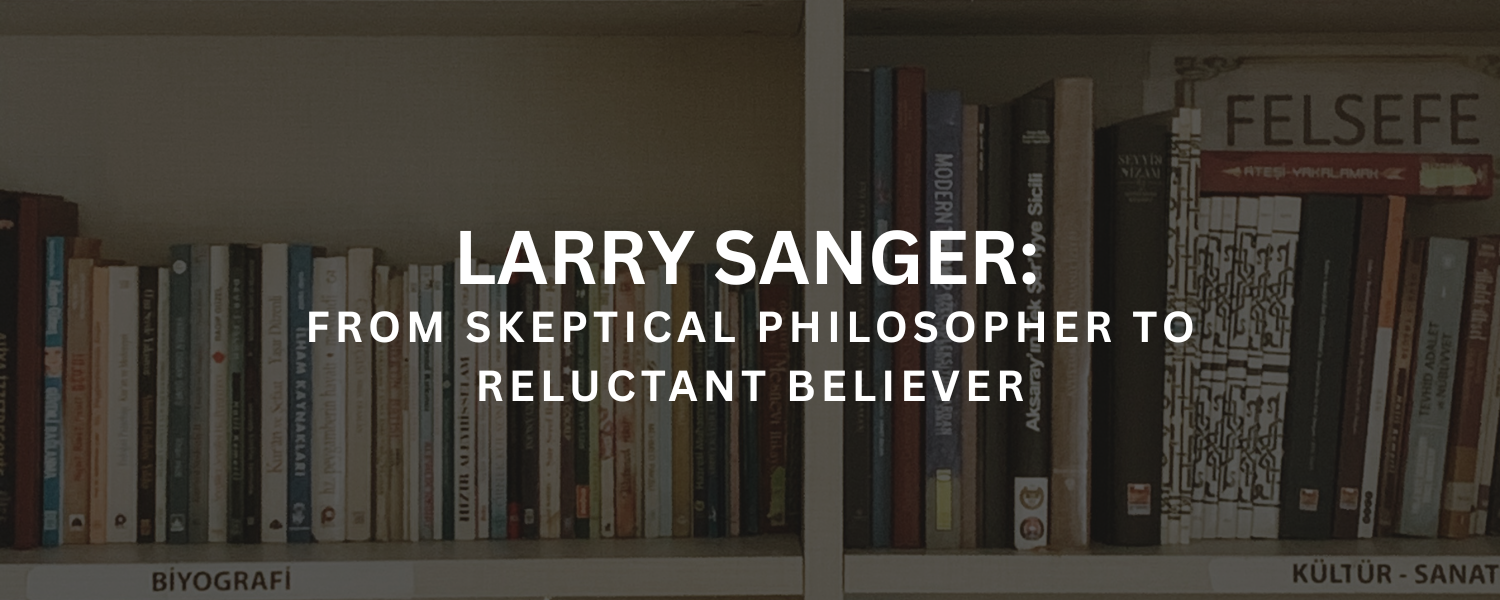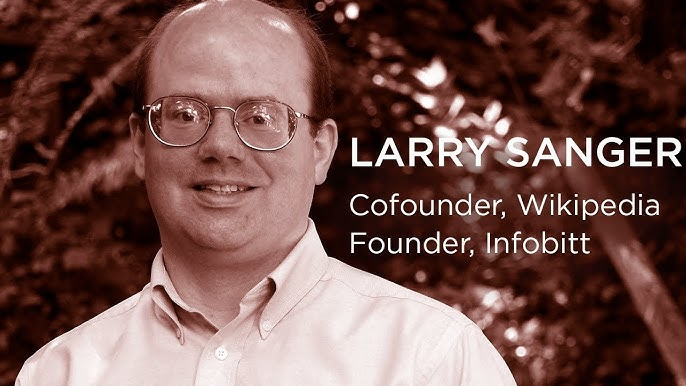Larry Sanger: From Skeptical Philosopher to Reluctant Believer

Larry Sanger, best known as the co-founder of Wikipedia, spent decades as a committed skeptic. With a Ph.D. in philosophy and a deep background in analytic thought—where atheism and agnosticism are the norm—Sanger approached life with intellectual rigor and an unwavering commitment to reason. He wasn’t hostile to religion, but for over 35 years, he identified as a nonbeliever, shaped by a teenage departure from his Lutheran roots and a shift toward what he called “methodological skepticism”—withholding belief as a tool for seeking truth.
His conversion to Christianity didn’t come through emotion or personal crisis. It was slow, deliberate, and full of intellectual resistance. Starting in early 2020, Sanger began reading the Bible with the same critical eye he’d applied to philosophy. What surprised him wasn’t just the depth or coherence of the biblical texts—it was how the arguments he once leaned on to reject belief began to lose their force. One by one, they fell away.
By February 2020, after a careful reading of the Gospels, Sanger admitted to himself— reluctantly and quietly—that he believed in God. Still, even months later, he described his faith as “provisional,” signaling an ongoing internal wrestling match. His honesty about the struggle— not just to believe, but to stay intellectually honest while doing so—makes his story especially compelling.
In his detailed essay How a Skeptical Philosopher Becomes a Christian, Sanger lays out the philosophical and personal journey behind his belief. He also credits another document he began writing, A Rationalist Approaches Christianity, as instrumental in helping him think through the possibility that Christianity might actually be true. His 90-day deep dive into the Bible didn’t produce instant certainty, but it changed the trajectory of his thinking.

Sanger’s story matters because it challenges a common assumption: that faith and reason are mutually exclusive. His conversion doesn’t rely on emotional appeal or blind acceptance—it’s rooted in questions, analysis, and careful thought. For skeptics, agnostics, or seekers who think Christianity collapses under scrutiny, Sanger’s journey offers something rare: a case where rigorous thinking led to belief.
Curious where to go from here?
- What would happen if you gave the Bible the same scrutiny you give everything else?
- Could your reasons for disbelief be more fragile than you think?
Suggested next steps:
- Read the Gospel of John and ask, “What is this claiming—and what if it’s true?”
- Explore Sanger’s own testimony: How a Skeptical Philosopher Becomes a Christian (2025)
- Consider Mere Christianity by C.S. Lewis or The Reason for God by Timothy Keller— two accessible yet thoughtful books by former skeptics.
The question isn’t whether belief is easy. The real question is whether it’s true.
Be the first to comment